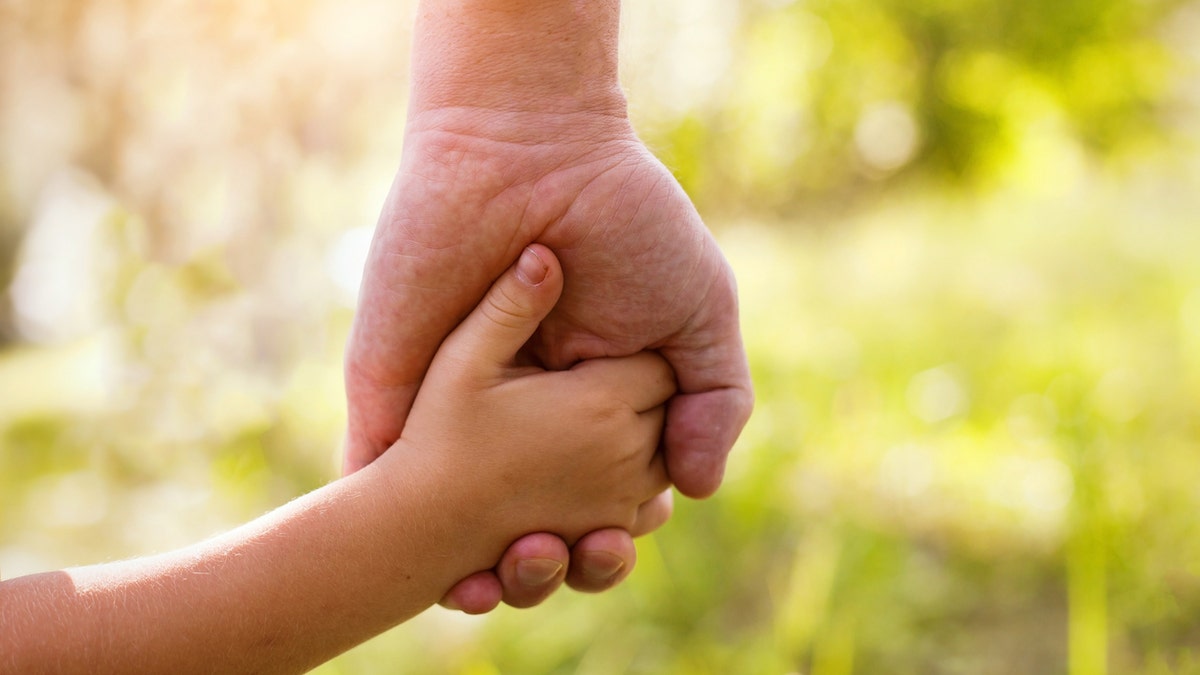
father and child, adopt the kid (iStock)
Fewer people are celebrating Father’s Day than ever before, a fact that may have less to do with the nature of the holiday than it does with the nature of American families.
A U.S. Census Bureau study found that the percentage of children living in single-parent households increased from 12 percent in 1960 to 31 percent in 2016. During that same timeframe, “the percentage of children living with only their mother nearly tripled.”
These numbers are sobering because according to recent studies, kids who lack an engaged father (and so may be less likely to observe Father’s Day) are also less likely to experience a healthy, contented, and successful life.
I had only celebrated a handful of Father’s Days with my kids when I first recognized this truth. I was assigned to our police department’s Gang Detail at the time, investigating young gang members in Los Angeles County.
Our city was culturally and ethnically diverse, but we had a gang problem that seemed to transcend ethnic, cultural, or socio-economic boundaries. The gang members we encountered were racially and ethnically diverse, representing local white, Hispanic, African-American and Asian-American gangs. They came from a variety of economic settings, from very wealthy neighborhoods to impoverished segments of our community.
As a young father myself, I wanted to understand what caused the young men and women in our community to become gang members in the first place. It certainly didn’t seem to have anything to do with their race, culture or economic status, given the fact that they didn’t share any of these attributes.
The more I got to know these young gang members, the better I understood their common dilemma: all of them suffered from “lack of dad.”
This “lack of dad” looked different for each gang member, depending on his or her situation. Some gang members had fathers who were uninvolved, alcoholic or “deadbeat” dads. Some never knew their fathers and were raised in single-parent households by their mothers or grandmothers.
Some were part of multigenerational gang families with fathers who had been incarcerated for most of their lives. Some simply had dads who worked obsessively and paid them little attention.
I repeatedly observed the same shared attributes in these gang members: They were struggling to find direction or establish a moral compass, largely because they didn’t have a father at home to model what it meant to be a man – or to be loved by one.
Many national studies have confirmed my own anecdotal observations. Fathers are essential to boys and girls.
Studies have repeatedly shown that children who are raised with involved fathers are less likely to struggle academically, repeat a grade, get expelled or suspended from school, and get pregnant as teenage girls.
Children with involved fathers are more likely to attend college, get a good job and stay out of jail.
Studies also show that kids raised without involved fathers are more likely to live in poverty, be abused or neglected, use drugs or alcohol and commit crimes.
Kids aren’t the only who benefit from engaged dads. Fatherhood also benefits fathers.
Researchers have recently discovered that fathers who are engaged with their kids are less likely to suffer from stress and depression and are more likely to have increased self-esteem, job and relationship satisfaction, and confidence in their parenting skills.
Fatherhood increases one’s competence in a number of important areas of character development, including the formation of patience, humility and selflessness.
My days as a Gang Detail officer taught me that every version of “lack of dad” is equally damaging; none is better (or worse) than any other.
My days as a father taught me much more about myself, my priorities and my role in the lives of my kids.
So, this year, as Americans spend far less time, energy and money celebrating Father’s Day than they do celebrating Mother’s Day, I’m determined to develop a renewed enthusiasm for the holiday and a renewed appreciation for the role of fathers.








































